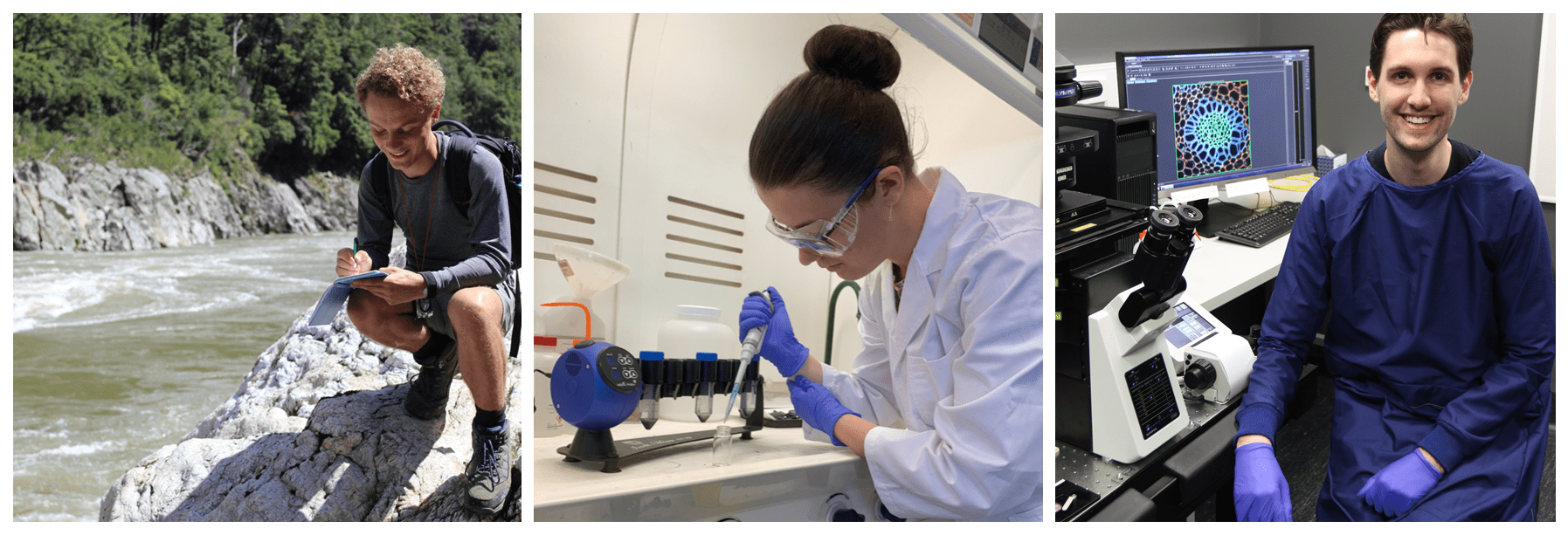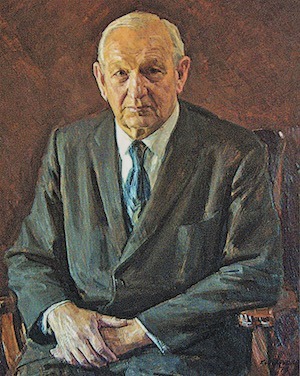
Our work
The Playford Memorial Trust provides prestigious scholarships, awards and internships for high achieving students working in areas of strategic importance to the State.
It enjoys bi-partisan political support and is an independent, not-for-profit, charitable trust operating under its own deed. Donations to the Trust are tax-deductible.
This year, the Trust and its partners across industry, government, the education sector and the community will provide around $750,000 in scholarships, internships and awards to university undergraduates, Honours, Masters and PhD students, as well as to students at varying levels of TAFE.
The aim is to help students make the most of their studies, achieve their potential and contribute to the State’s knowledge and research base.
The Trust’s priority areas currently include:
Advanced manufacturing and new technologies | Water, energy and climate change | Agriculture, aquaculture and food production | Space and defence technologies | Resources, energy and sustainability | Health sciences and enabling technologies
The Board regularly reviews these strategic priorities to reflect the South Australia’s economic strengths and imperatives.
The Trust actively encourages outstanding students into science, technology, engineering and mathematics (STEM) studies and careers. In doing so, it is supporting the Australian Government’s priorities for science, and complementing the South Australian Government’s STEM Strategy and associated programs.
Read our brochure HERE
Interested in partnering with, or supporting, the Playford Trust? CLICK HERE
Our history
The Playford Memorial Trust was established in 1983, with bipartisan support from the South Australian Parliament, to honour the memory of Sir Thomas Playford, the State’s longest serving Premier.
Its original objective, as expressed in the trust deed, was to establish ‘a fund to promote, encourage and finance research and development of projects relating to the primary, secondary and tertiary and mining industries which will be of practical use and benefit to South Australians’.
While the initial focus was on supporting PhD students studying horticulture and aquaculture – two areas of particular interest to Sir Thomas – it has since been expanded to include advanced manufacturing and new technologies; agriculture, aquaculture and food production; water, energy and climate change; space and defence technologies; health sciences and enabling technologies; and mining and resource development.
The Board actively review the Trust’s strategic priorities to ensure South Australia’s future needs are met.
Our funding
Traditionally, the Trust’s funding came from the South Australian Government and was supplemented with donations from individuals and the corporate sector, as well as some bequests. In recent years, the Board has actively engaged with industry, university and community partners to significantly increase the number of scholarships and awards it offers, and the value of its annual disbursements.
Funds to finance the Trust’s programs now come from a range of sources, including contributions or sponsorships from businesses and industry associations, an annual State Government grant, income from its own investment fund, donations from individuals and foundations, bequests, and additional grants from government from time to time.
The State Government provides the Trust with administrative support from within the Department of Premier and Cabinet. The Trust itself contracts additional part-time assistance for administration of its scholarship program.
The Trust carefully invests its capital and has distributed funds to more than 600 students in the past 10 years.
Invest in the future of South Australia
Make a gift in your Will.
Support South Australian ingenuity
Interested in partnering?
Sir Thomas Playford
Sir Thomas Playford was South Australia’s longest serving Premier. Leading the State continuously for more than 26 years – from 1938 to 1965 – he set an all time record of service for an Australian head of government. Many decisions made during his time in office transformed South Australia from a predominantly agricultural economy to a modern industrial state.

